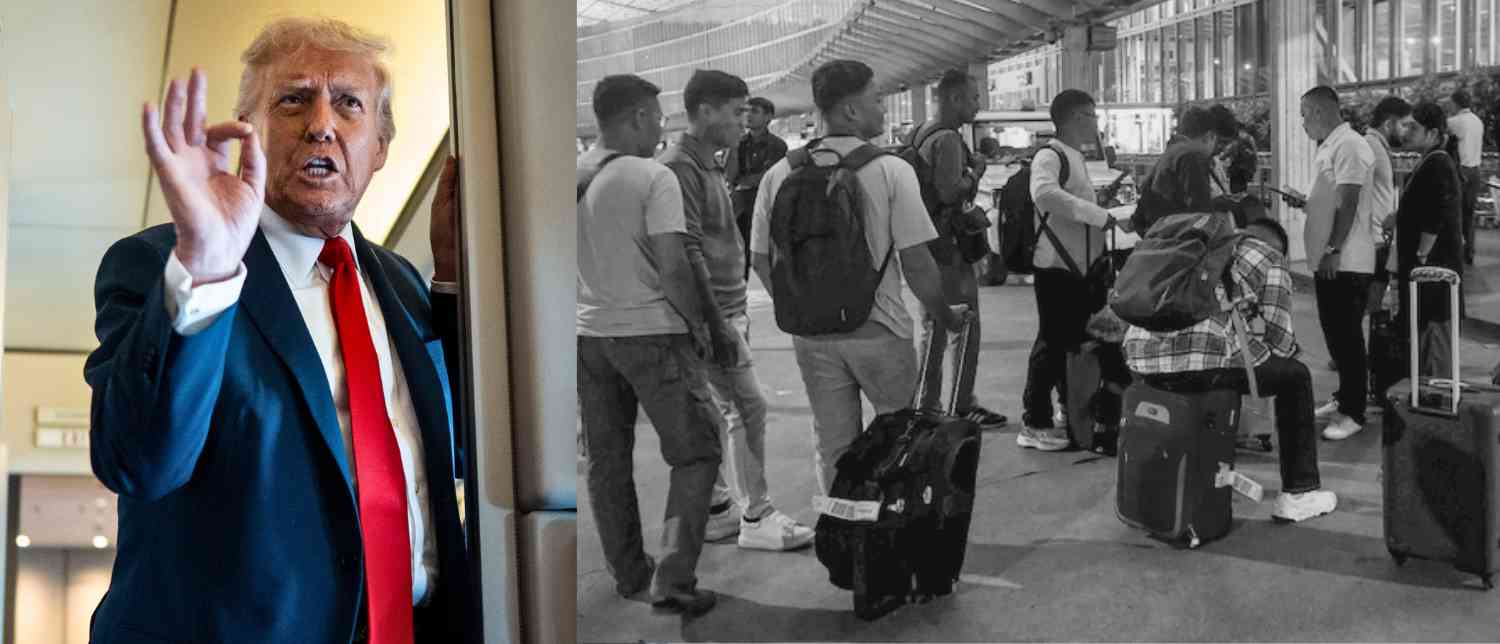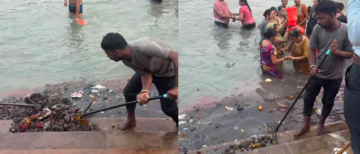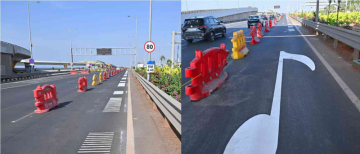The "Clog the Toilet" campaign is a deliberate online effort by far-right groups to block Indian H-1B visa holders from returning to the US following a new $100,000 fee imposed on these visas by President Donald Trump in September 2025. This campaign, coordinated mainly through the online forum 4chan and other fringe platforms, involves intentionally reserving seats on popular India-US flights without completing the purchase. This tactic temporarily holds the seats, making them unavailable for actual passengers, and then repeating the process to create artificial scarcity and drive up ticket prices. The campaign's ultimate aim is to prevent Indian tech workers, who account for nearly 70% of H-1B visa holders, from travelling back to the US before the fee takes effect.
_1759128301.jpg)
Following Trump's announcement, panic spread rapidly among Indian H-1B visa holders. Many tech companies including Amazon, Microsoft, and JP Morgan urged their employees to either remain in the US or rush back immediately. This sudden surge in demand already led to a sharp increase in airfares—tickets from India to cities like New York, Newark, and Dallas doubled overnight. The online trolling campaign compounded the chaos, deliberately disrupting flight bookings and worsening the problem for Indian workers attempting to fly back.
The White House later clarified that the $100,000 fee was a one-time charge applicable only to new visa applications and did not affect existing H-1B holders currently abroad or their re-entry rights. However, this statement came too late to calm the panic, and many Indian visa holders faced inflated fares, frequent website crashes, and booking failures. Some individuals, like Austin-based software engineer Amrutha Tamanam, reported paying more than double for urgent one-way tickets after struggling with repeated website disruptions caused by the "Clog the Toilet" campaign.
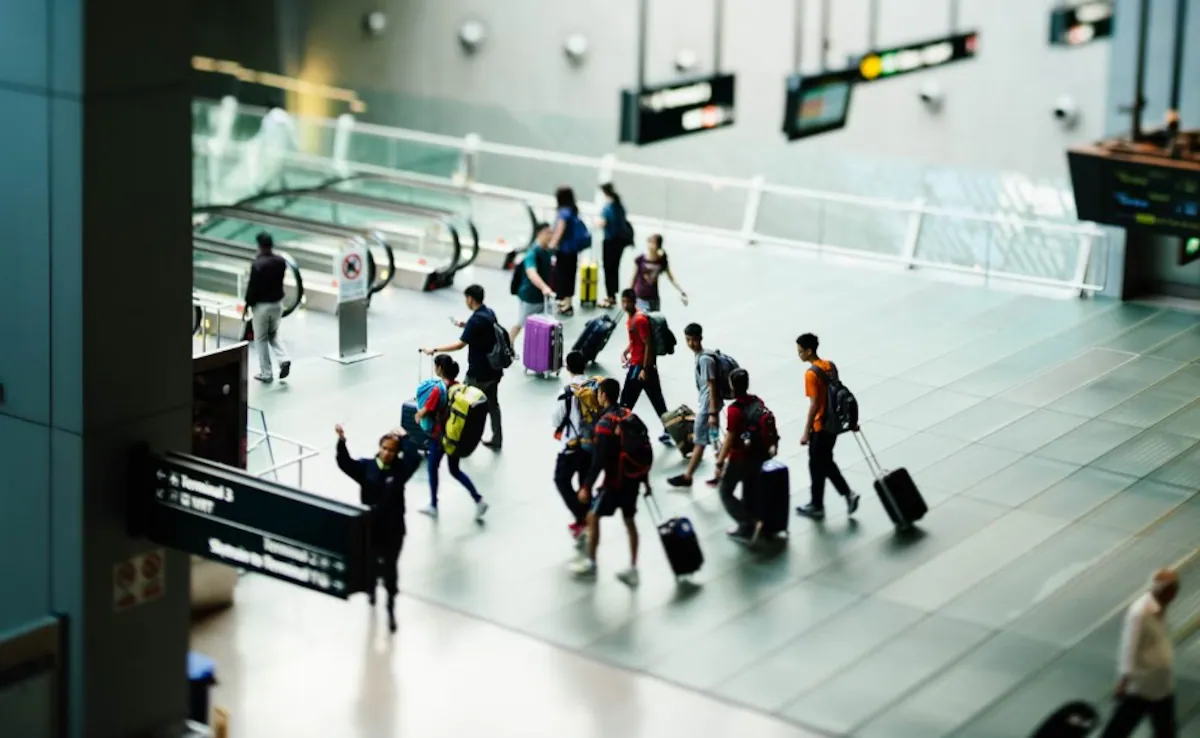
This incident highlights how geopolitical policy changes and escalating xenophobia can intersect with digital platforms to create real-world disruptions. The campaign uses technological exploits—such as holding seats without paying—to inflict economic and emotional hardship on already vulnerable visa holders rushing to comply with sudden policy shifts. While some internet users on these extremist forums proudly viewed the campaign as patriotic, the effort also attracted widespread criticism for its overt racism and targeting of Indian nationals.
The situation underscores the complexity surrounding H-1B visas in the US, which have long been a channel for Indian IT professionals to contribute to the American economy. The controversy raises important questions about how immigration policy changes ripple through global labour markets and impact the lives of migrant workers. It also shows how online platforms can be weaponised for harassment campaigns, amplifying tensions and damaging innocent individuals trying to navigate uncertain immigration landscapes.
As the dust settles, this episode serves as a stark reminder of the challenges faced by international workers caught between sudden policy decisions and hostile online actions. It also calls for better safeguards on travel booking platforms to prevent coordinated abuse and ensure fair access for genuine travellers. In the larger picture, it points to the need for careful communication and support from governments and corporations when introducing critical immigration reforms to avoid panic and exploitation.
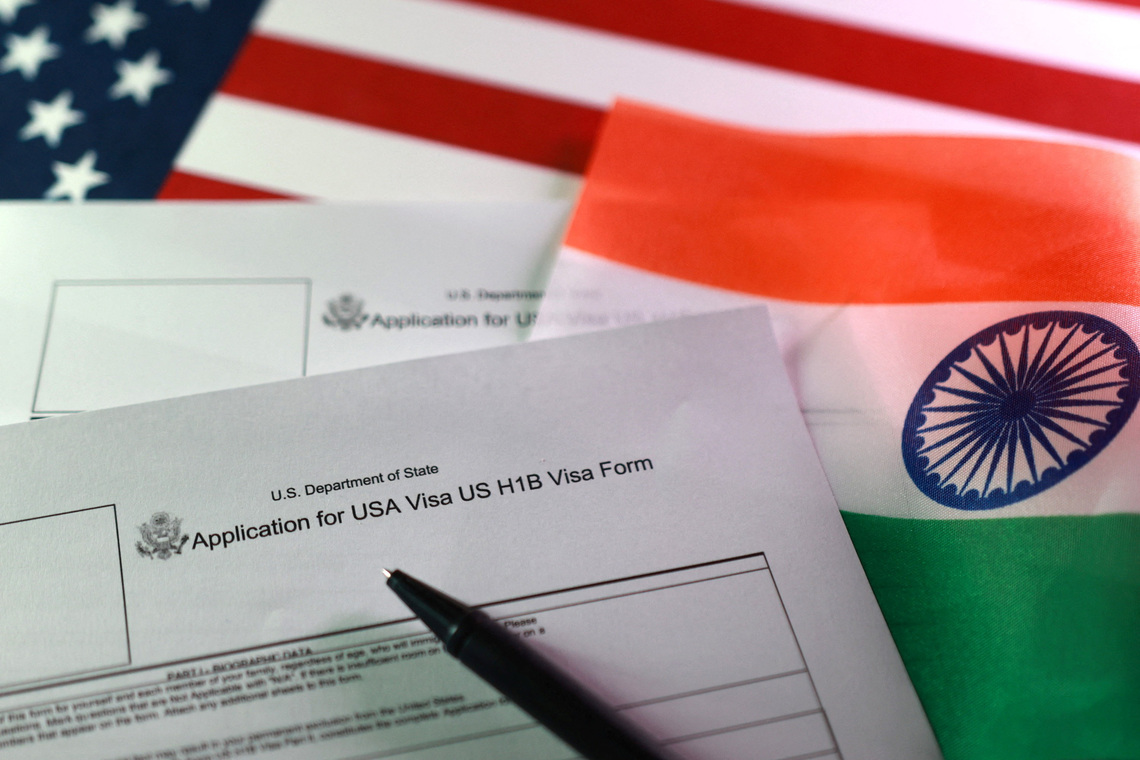
In summary, the “Clog the Toilet” campaign emerged as a far-right online tactic to block Indian H-1B visa holders from returning to the US amid a costly new visa fee. Although the fee did not apply retroactively, the campaign intensified travel chaos, causing inflated fares and booking disruptions for many. The episode reflects deepening immigration tensions and the growing impact of digital harassment campaigns on vulnerable migrant communities.
With inputs from agencies
Image Source: Multiple agencies
© Copyright 2025. All Rights Reserved. Powered by Vygr Media.

